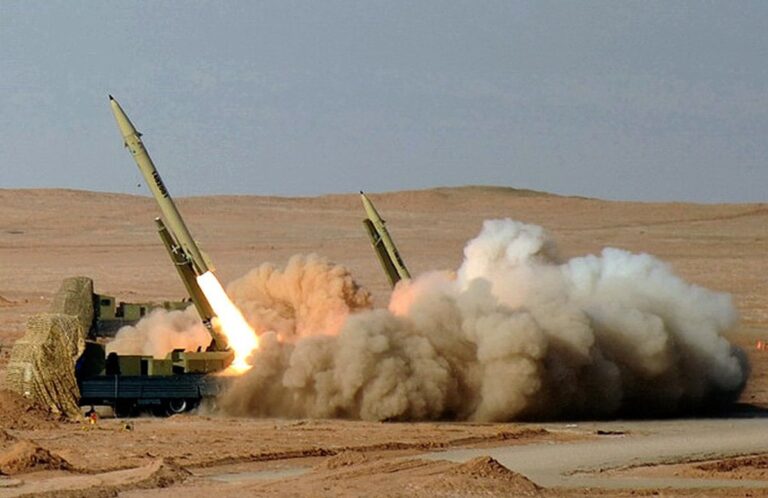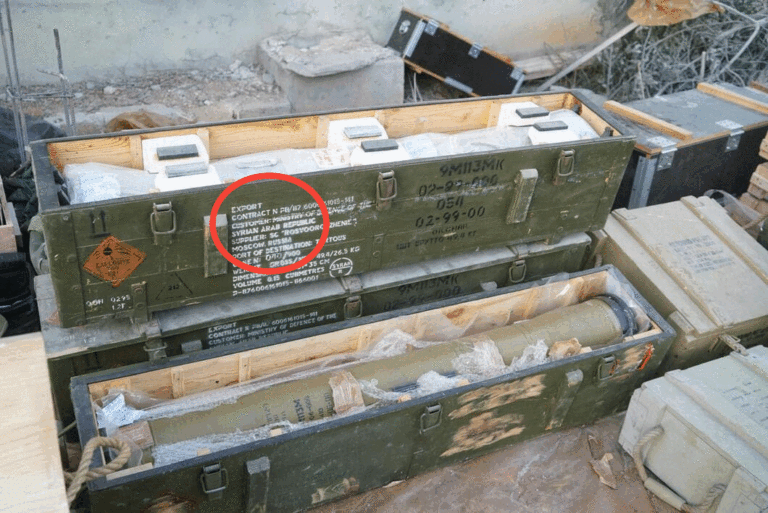 The top U.S. nuclear regulator questioned Thursday whether the nation’s nuclear plants were prepared to deal with losses of power that last several hours or even days, a vital safety issue as constant access to power is needed to run cooling systems and prevent core meltdowns.
The top U.S. nuclear regulator questioned Thursday whether the nation’s nuclear plants were prepared to deal with losses of power that last several hours or even days, a vital safety issue as constant access to power is needed to run cooling systems and prevent core meltdowns.
Regulations currently require nuclear power plants to have as few as four hours of emergency power. NRC Chairman Gregory Jaczko said during a commission meeting that this might not be enough, because it could take much longer to reconnect to the main power supply or a backup diesel generator after a plant suffers major damage in a catastrophic event.
“I’m not convinced that in that situation four hours is a reasonable time to restore offsite power,” Mr. Jaczko said. “That may be something we want to look at a little bit more.”
Mr. Jaczko’s comments came just hours after storms knocked out power at a nuclear plant operated by the Tennessee Valley Authority.
The Browns Ferry nuclear facility in Alabama shut down Wednesday after storms damaged transmission lines going into the plant.
After power was lost at the site, backup diesel generators and batteries helped the facility shut down properly. “Everything worked as was designed,” said Barbara Martocci, a spokeswoman for TVA.
The NRC began a 90-day review of U.S. nuclear power plant safety after an earthquake and tsunami took out power and then backup generators at the Fukushima Daiichi plant in Japan, causing a station blackout that crippled the cooling system and led to a release of radiation.
In the wake of the Fukushima disaster, nuclear experts have raised questions about the adequacy of emergency power supplies at U.S. facilities. They have taken particular issue with nuclear plants that rely on batteries because the batteries have limited lifespans.
Dozens of U.S. nuclear plants rely on batteries for emergency power, which should come on if the primary and backup power are out.
Other plants rely on alternative electricity supplies, such as gas turbines, for emergency power, and the NRC grants some of them longer periods of time to reconnect to reliable power.
(Source: WSJ)










